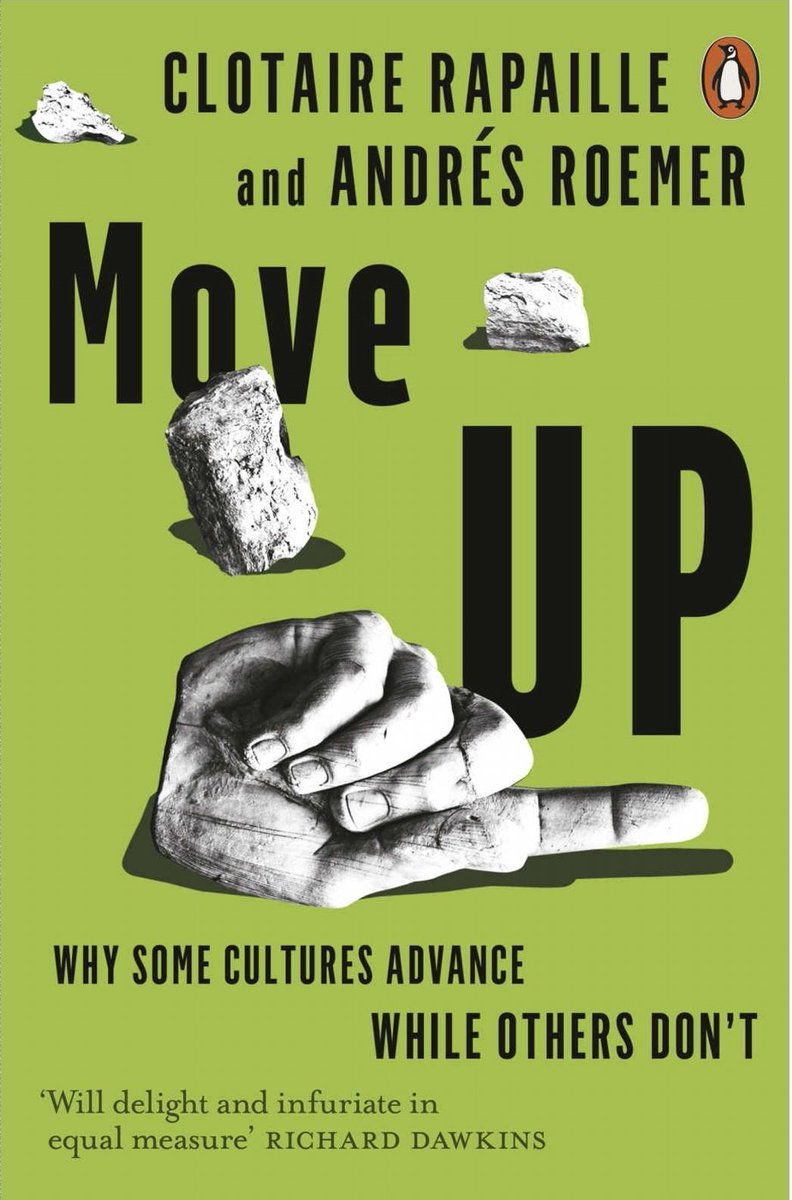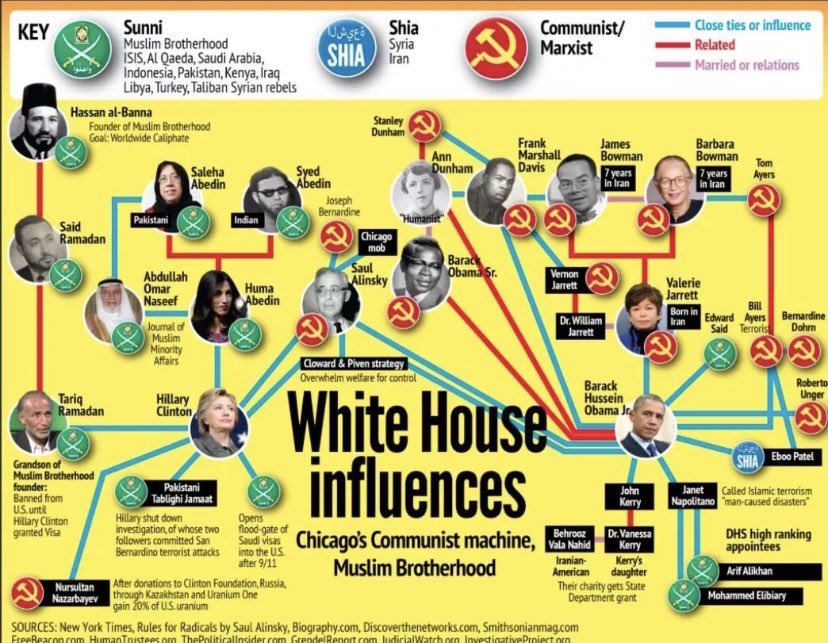.
We had a conversation on the podcast about the racialization of dog breeds, where we talked to @BronwenDickey, the author of Pitbull: The Battle Over an American Icon.
Michael Tesler in @FiveThirtyEight bringing some data to bear on my tweets about @ReverendWarnock\u2019s dog ad. A piece worth reading, and a reminder: It\u2019s never \u201cjust a dog,\u201d y\u2019all.https://t.co/ijQvTDOdvj pic.twitter.com/sp05Bhueob
— Hakeem Jefferson (@hakeemjefferson) December 15, 2020
.
There are far more news stories about pitbull attacks, which has led to a belief that pitbulls are especially violent.
It’s not hard to find people talking about imposing pitbull bans on their communities because the dogs “bring the wrong element.”
Denver JUST repealed their ban after 3 decades.
https://t.co/fFcT6IgA58
Denverites voted to repeal the city\u2019s 30-year-old ban on pit bulls. Passing the measure will allow the city to grant a provisional permit to pit bull owners as long as the owner microchips the animal & complies with add'l requirements set by @DASanimals: https://t.co/LRw2tSZwG7 pic.twitter.com/zyH8rd2KUZ
— City and County of Denver (@CityofDenver) November 5, 2020


























